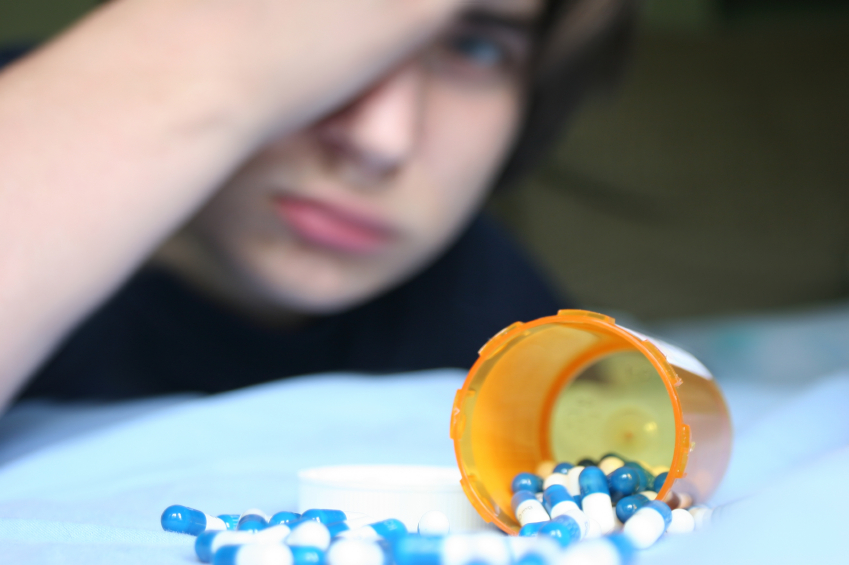No To More And More Drugs For Children At Younger And Younger Ages
| ******** Action Alerts for This Campaign ******** | |
 | Tell Congress to stop letting drug companies extend patents by testing drugs on children! Take Action We are raising a generation of drugged children. They’re getting drugs for ADHD, for diabetes, for high blood pressure, for asthma, for obesity, and now for high cholesterol. We’re giving them drugs instead of encouraging them to eat a healthy diet, or to leave their computers and televisions and go out and play and get some vigorous exercise. All that is bad enough. But we’re also allowing international drug companies to create kids’ versions of their most popular high-priced drugs. Not only that, we’re also giving them a financial incentive to do so! We’re letting them extend their drug patents by an extra six months just so they can test those drugs on more children! Statin drugs aren’t good for adults, but they’re even more damaging for children. Nerve damage. Muscle damage (don’t forget that the heart is a muscle too). Memory loss. Liver enzyme derangement. In some cases even kidney failure. We can change this rotten legislation. Contact your senators and Congressional representative and ask them to reconsider this law, and stop the financial incentive given to pharmaceutical companies to turn our kids into a new market. |
| Read More About Drugs for Children at Younger and Younger Ages: | |
| “It’s Too Hard to Modify a Kid’s Environment—Let’s Just Give the Kid Amphetamines” | |
 | October 16, 2012 Some doctors are now prescribing long-term ADHD medications to low-income kids who don’t have ADHD—simply to boost academic performance. Read More>> |
| Mothers Shouldn’t Have to Protect Their Children from Medical Overtreatment | |
 | September 11, 2012 Hospitals and now even doctors’ offices have become dangerous places, especially for the vulnerable young. Read more>> |
| What’s Next? Starting Children on Drugs the Moment They’re Born? | |
 | December 2, 2011 That seems to be the path a new recommendation is putting us on. Read More>> |
| Shocker: Antipsychotic Drugs Are Being Given to Kids in Foster Care | |
 | November 22, 2011 Want foster kids to behave? Give them harsh tranquilizers developed for schizophrenic patients! Read More>> |
| Children Are Being Exploited to Extend Pharmaceutical Patents | |
 | July 13, 2010 Want to protect your kids from high cholesterol? Just give ’em drugs—like the new, chewable form of Lipitor. Yes, chewable. Like candy. A new Action Alert asks Congress to repeal a really rotten law that encourages this. Lipitor, the world’s top-selling drug—made by Pfizer, the world’s largest pharmaceutical company—has just been approved for use with children in the European Union. It is already approved for children in the US. The motivation is obvious: Lipitor’s 2009 sales were about $13 billion, but its US patent expires at the end of November 2011. This means Pfizer will quickly lose much of its Lipitor revenue once the generic competition hits the market. The company is desperately trying to boost its sales everywhere it can before then. Read More>> |
| Creating a Generation of Drugged Children | |
| June 2, 2009 The rate at which children are being given prescription medication for diabetes, hypertension, obesity, asthma, and ADHD is growing at a shocking rate—as are bad reactions to these medications. But why give cholesterol-lowering drugs and psychotropics to kids when inexpensive, healthy, and natural alternatives can do an even better job? Read More>> | |
| Risks to kids? | |
 | August 12, 2008 As AAHF reported last month, “Our Children as Guinea Pigs” – we shared concerns with the American Academy of Pediatrics position on giving statins to children to tackle high cholesterol |
| Our Children as Guinea Pigs? | |
 | July 21, 2008 A new policy now claims that children as young as eight with high cholesterol should be put on statins. This is the latest idea for tackling the obesity epidemic and the fact that it came from the highly regarded American Academy of Pediatrics means many doctors will take the recommendation seriously. Read More>> |